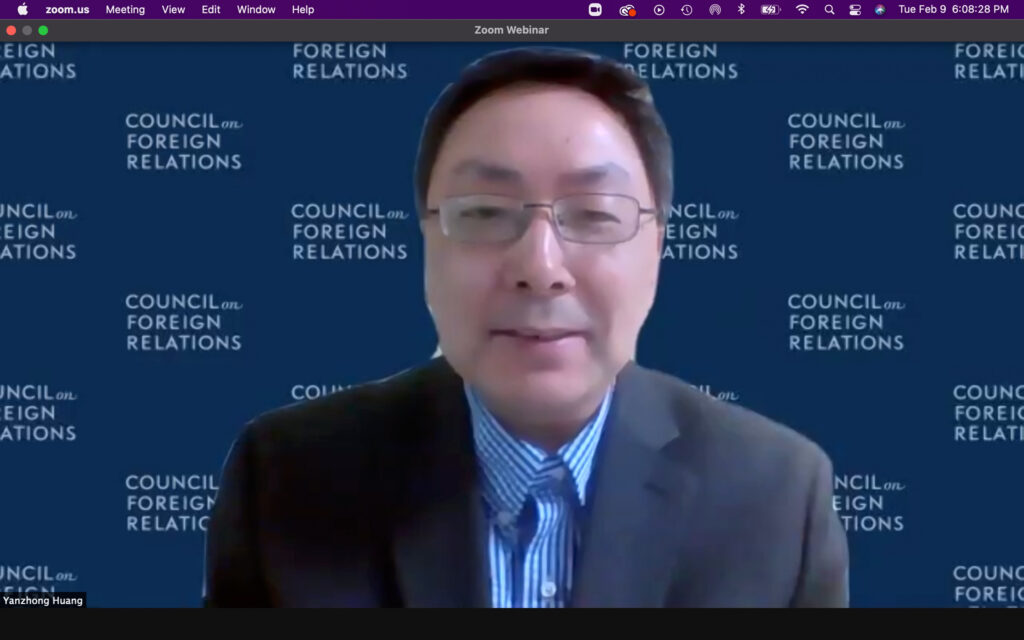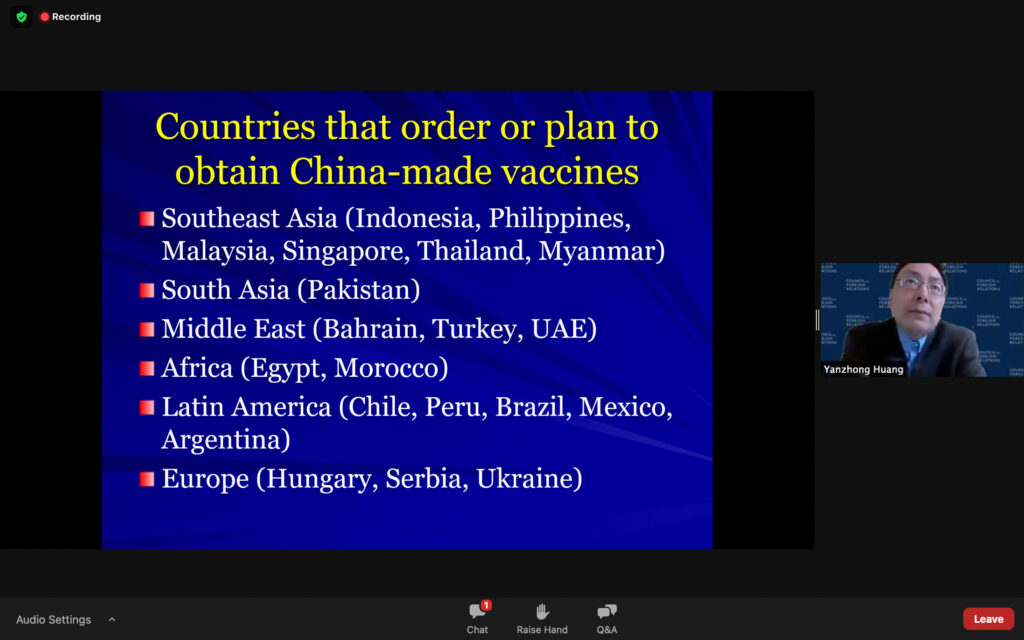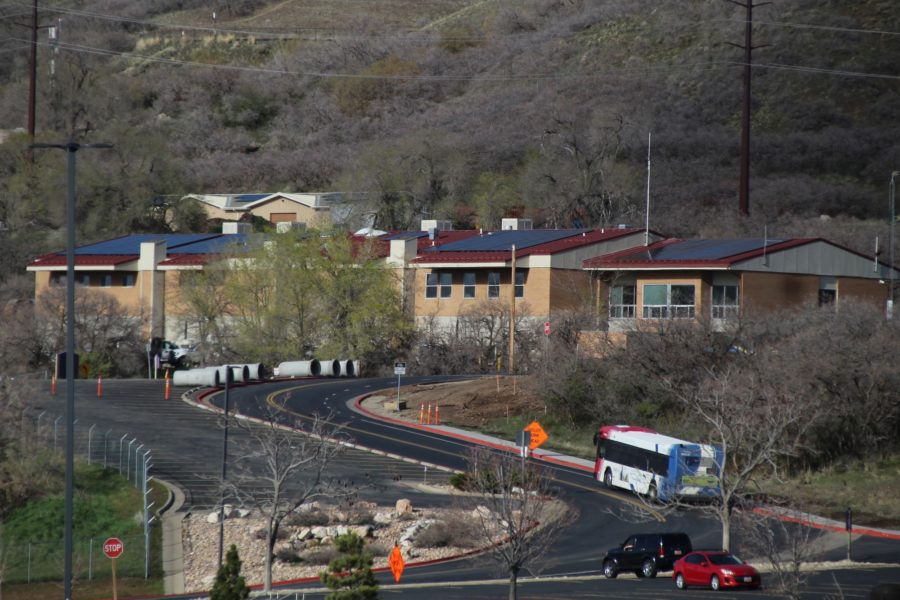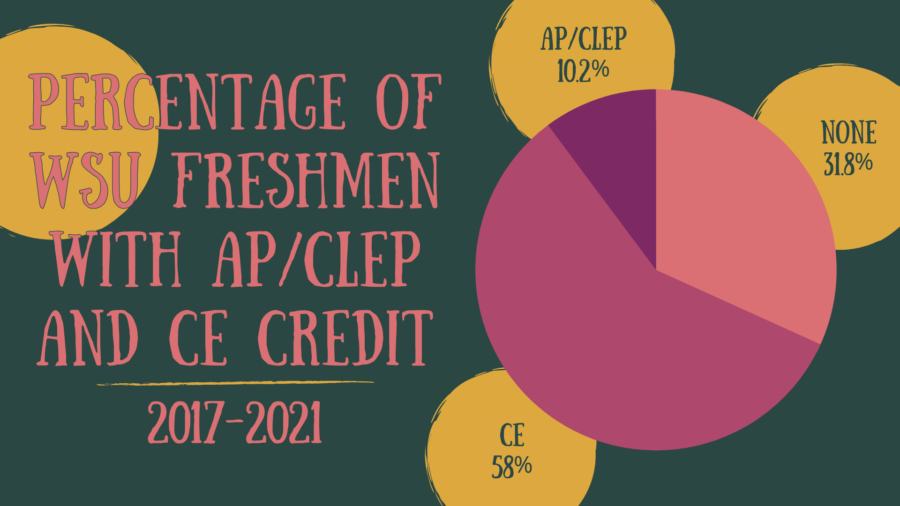The Utah Council for Citizen Diplomacy hosted a Zoom-accessible event on Feb. 10. Dr. Yanzhong Huang, a leader in vaccine diplomacy and global health and the founder of Global Health Governance, explained the Chinese COVID-19 governmental policy both nationally and globally.

“You saw a strong parallel between the SARS outbreak and COVID-19 in the initial mishandling and lack of transparency by China,” Huang said.
Huang expounded on the motivations for China’s vaccine diplomacy. China wants to improve its global image after its response to the outbreaks. Vaccine diplomacy is an opportunity to help reinforce China as a major world power and showcase its medical developments.
China also wants to reinforce ties with regions of the globe like Southeast Asia and want to enter the market share of the world by earning profit with Chinese vaccines.
“China officially does not like the term ‘vaccine diplomacy,’ because that suggests that their motives are no longer humane, altruistic,” Huang said.
Huang informed attendees on such points as what types of vaccines China is making and how they have promised to distribute these vaccines to countries such as Serbia and Italy. He compared the United States’ foreign policy and China’s foreign policy regarding vaccines.
“When we talk about vaccine diplomacy, we should look beyond China,” Janicke Stramer-Smith, assistant professor in the political science and philosophy department, said. “I think vaccine diplomacy is something that everyone should be paying attention to. We need to think of how vaccine diplomacy can be beneficial on a broader scale.”
One thing that struck Stramer-Smith is when Huang pointed out that different geographic locations had different efficacy rates for vaccines, indicating non-universal responses to vaccines.
One aspect of a non-universal response is herd immunity. Herd immunity is when there are enough people in a population who are vaccinated making it difficult for a virus to find those people who are not vaccinated, effectively not allowing it to flourish the population like COVID-19 has.
Stramer-Smith expects that if the majority of people do not vaccinate and gain herd immunity, daily life will change in major ways.

One of the challenges when fighting COVID-19 is that the nations of the world have too many other non-COVID-19 related, profit-making ventures that the chance of them coming together and putting aside their differences to battle COVID-19 together is slim.
“If we are not all in it, then we will be continuously faced with new variants of COVID-19,” Stramer-Smith said.
According to Stramer-Smith, it’s these commercial markets, fueled by the more developed countries, that will keep the global powers from uniting against COVID-19.
Huang explained that China has made promises to under-developed countries, thus over-spreading their resources and making domestic vaccination a real issue.




















